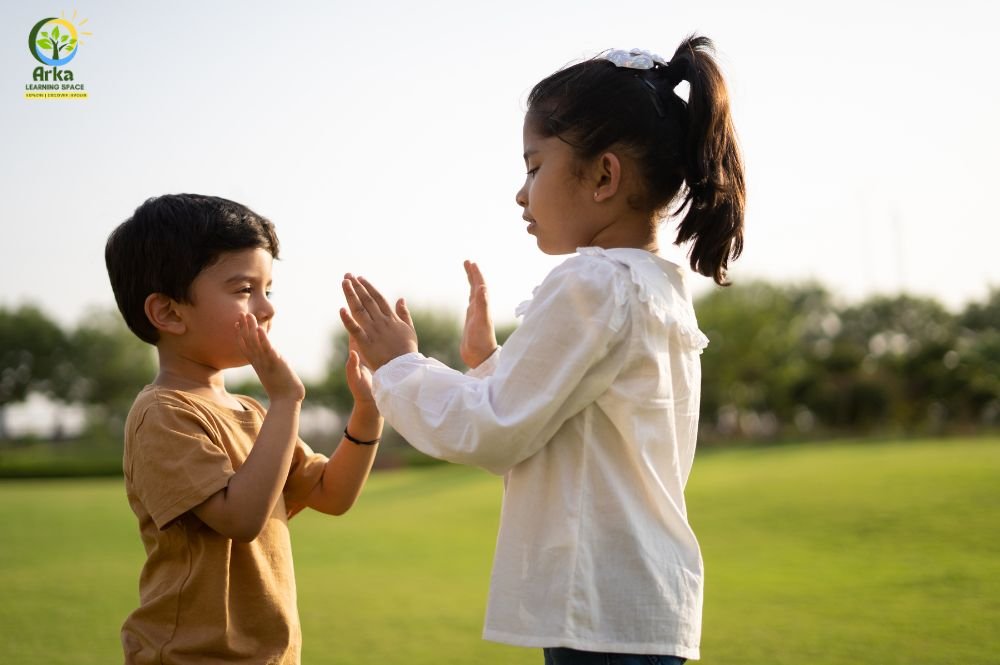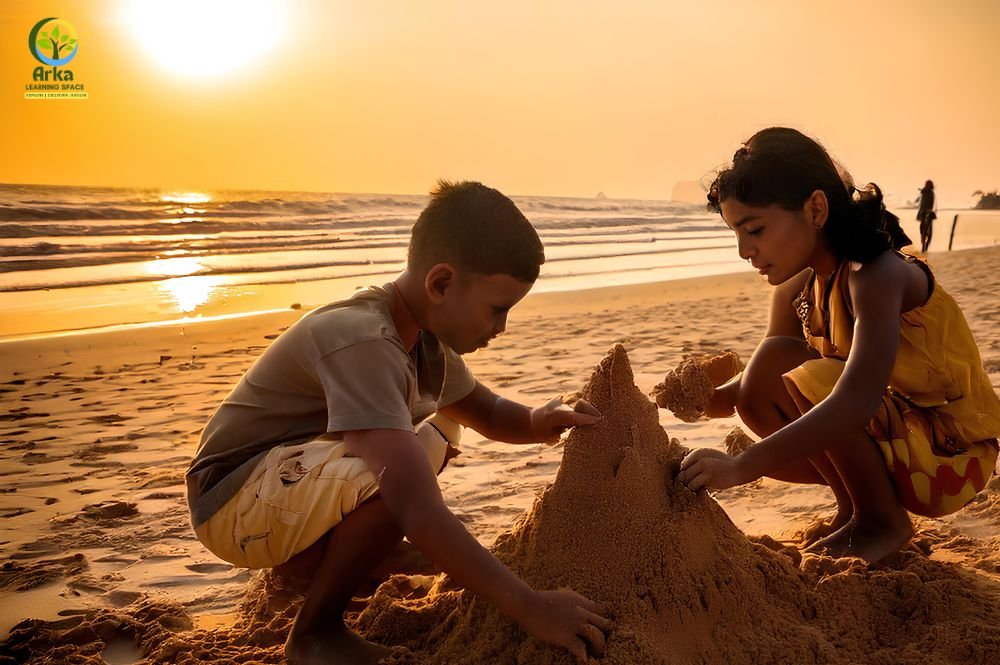Play is not just a pastime for children; it’s an essential part of their growth and development. From fostering creativity to building social skills, play impacts every aspect of a child’s life. In this blog, we’ll explore the role of play in child development and share tips for incorporating meaningful play into daily routines.
The Importance of Play
Play is often referred to as a child’s work. Through play, children explore their surroundings, express themselves, and make sense of the world. It enhances their physical, cognitive, social, and emotional well-being.


- Cognitive Growth: Activities like puzzles and games boost problem-solving skills and improve memory.
- Social Skills: Group play teaches cooperation, sharing, and conflict resolution.
- Physical Health: Running, jumping, and other active play improve motor skills and overall fitness.
Types of Play and Their Benefits
Understanding the different types of play can help parents and educators create balanced activities for children.
- Free Play: Unstructured play encourages creativity and independence.
- Structured Play: Organized activities like sports teach discipline and teamwork.
- Pretend Play: Role-playing enhances imagination and emotional intelligence.
- Physical Play: Active games build strength and coordination.
- Interactive Play: Board games and group activities improve communication and strategy skills.
How Play Supports Emotional Development
Play allows children to process their emotions and develop coping mechanisms. Pretend play and storytelling help children articulate their feelings and build empathy for others.
The Role of Parents in Facilitating Play
Parents play a crucial role in nurturing a child’s playtime.
- Create a safe and stimulating environment for play.
- Encourage a mix of structured and free play activities.
- Limit screen time to promote active, hands-on play.
- Join in their play occasionally to strengthen the parent-child bond.
Play and Its Long-Term Impact
The benefits of play extend beyond childhood. Children who engage in meaningful play often grow up to be creative thinkers, effective communicators, and emotionally resilient adults. Play enhances Body kinesthetic, visual spatial and interpersonal intelligence of the child.
FAQs About Play and Child Development
1. Why is play important in early childhood development?
Play is crucial for early development as it builds foundational skills like problem-solving, communication, and emotional regulation while supporting physical growth.
2. How does play affect a child’s brain development?
Play stimulates brain development by strengthening neural connections, especially in areas related to decision-making, memory, and social interaction.
3. What types of play are best for toddlers?
Toddlers benefit from sensory play, pretend play, and physical activities that encourage exploration and fine motor skills.
4. How much playtime does a child need daily?
Experts recommend at least one hour of active play and several shorter periods of unstructured play throughout the day.
5. How can I encourage my child to play more actively?
Provide age-appropriate toys, involve them in outdoor games, and limit passive activities like watching TV to foster active play habits.
Conclusion
Play is the foundation of a child’s development, shaping their physical, mental, and emotional growth. As parents and educators, nurturing a culture of play can set children on a path to a well-rounded and fulfilling life. So, let’s embrace the power of play and give our children the tools to thrive!
Check Out: Why Early Childhood Education Matters: Boost Your Child’s Future
Check Out: Traditional Preschool vs. Alternative Preschool: Which One’s Right for Your Little One?






